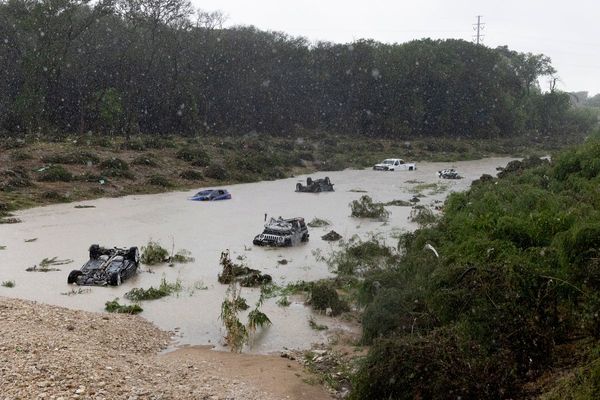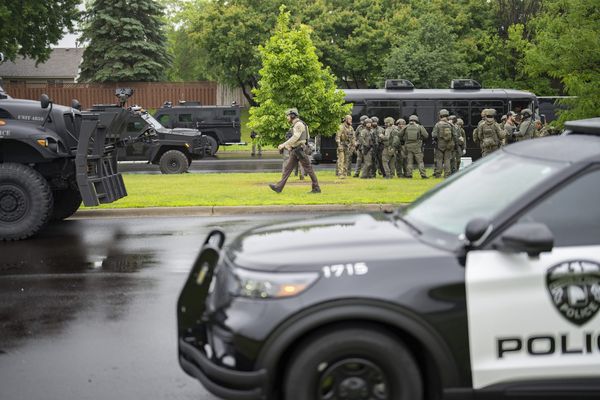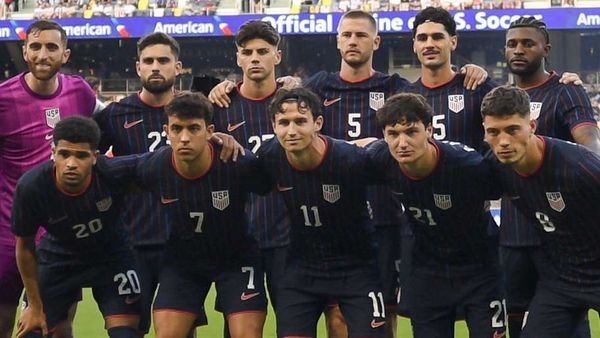
The main contractor at the scandal-plagued Hung Hom MTR station was accused of defective construction work after purchasing the wrong type of rebar, a government commission heard on Monday.
The allegation was levelled against Leighton Contractors (Asia) as the latest round of a high-level inquiry kicked off over new problems reported at three more locations at the station on the HK$97.1 billion (US$12.3 billion) Sha Tin-Central link.
The latest reports of shoddy construction concern the north and south approach tunnels and the Hung Hom station’s side tracks, the commission heard. The new reports followed last year’s allegations of defective work on the station’s platforms and walls.
The commission, which was appointed by the government in July, concluded in March that the structures were safe. Leighton was the main contractor on the job.
Ian Pennicott SC, speaking for the commission, said one problem was “a significant amount” of rebar that was not properly connected, or not connected at all, to the couplers at the three “stitch joints” of the north approach tunnel.
–
Separately, more than 60 per cent of the inspection documents, known as RISC forms, for the three locations at the station were missing, the commission heard.
Another problem, according to Pennicott, was that there had been unauthorised design changes to the approved construction plan.
Benson Tsoi, counsel for subcontractor Wing & Kwong Steel Engineering, argued that Leighton should be blamed for the defective rebar installation work at the north approach tunnel because it bought the wrong type of threaded rebar, which failed to fit into the site’s tapered couplers.
“It’s not in dispute that Leighton, in this case, didn’t buy the correct rebar,” he said.
The defective work at the construction joints of the north tunnel came to light in early 2018 after persistent water seepage and enlarging cracks were noticed. Leighton was required at the time to conduct reconstruction work at the joints.
Tsoi pointed out that Wing & Kwong was contractually required to work with whatever material was provided in accordance to Leighton’s instructions.
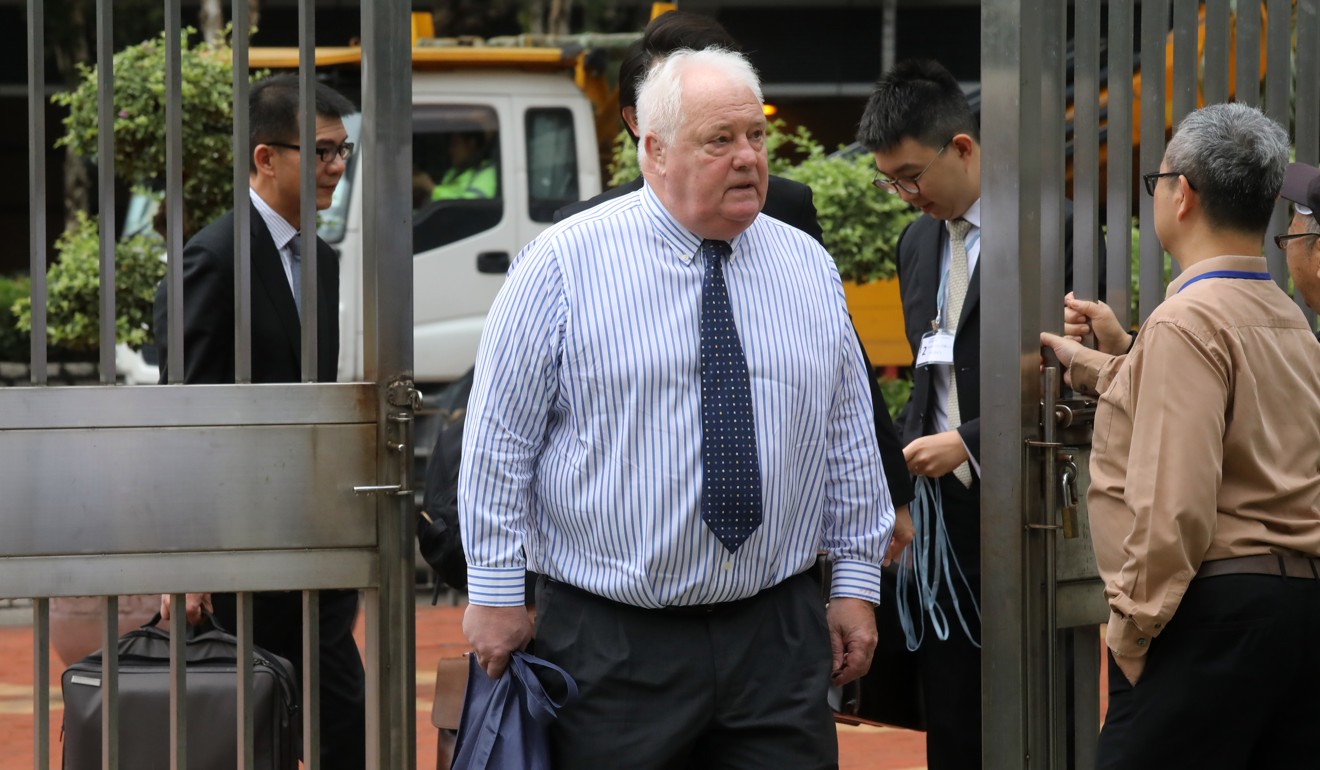
He said that in early 2017, when Ng Man-chun, the Wing & Kwong site supervisor, found that the rebars did not match the couplers, he raised this issue with Henry Lai, Leighton’s engineer in charge of the inspection at the site.
Tsoi said Lai told Ng that Leighton was in a rush to finish the project so he needed to “screw them in as much as possible”.
“Wing & Kwong was faced with an express order from Leighton. Lai told him that the walls would not collapse,” Tsoi said. “Wing & Kwong can’t be Leighton’s scapegoat for complying with its instructions.”
Tsoi said Ng had no alternative but to follow Lai’s orders. He added that after the seepage and crack problems surfaced, Lai tried to blame Ng for the defective work and claimed Leighton had nothing to do with the supplied materials.
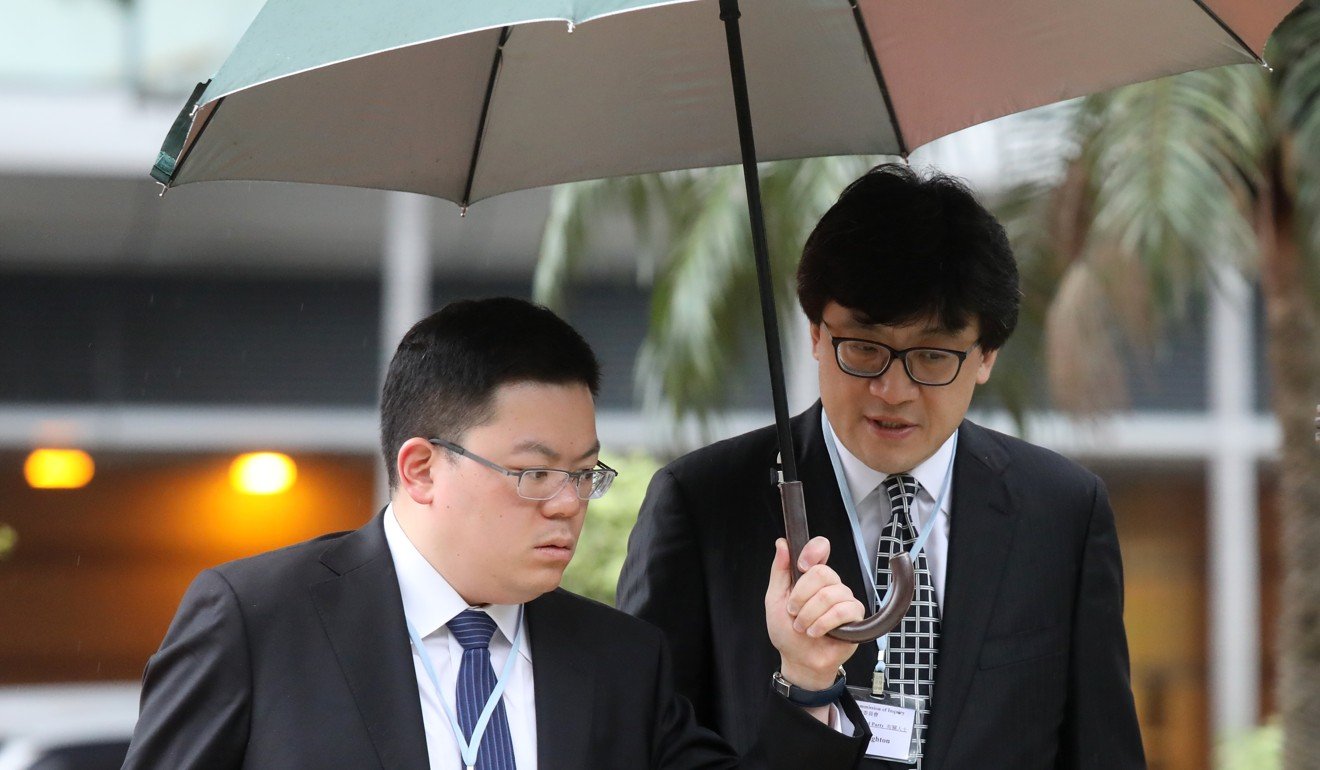
The commission heard that Leighton later tried to demand a repayment of HK$40 million out of its HK$62 million contract with Wing & Kwong.
Tsoi accused Lai of being dishonest and having concealed his exchanges with Ng from the MTR Corporation, which hired Leighton for the rail project. He further alleged that Lai falsely claimed he had inspected the tunnel’s construction joints and even ordered the pouring of concrete.
“One must challenge anyone who says they have done proper inspections and didn’t see any defects,” Tsoi said.
The commission, chaired by Michael Hartmann, a former non-permanent judge on Hong Kong’s top court, continues on Tuesday.

